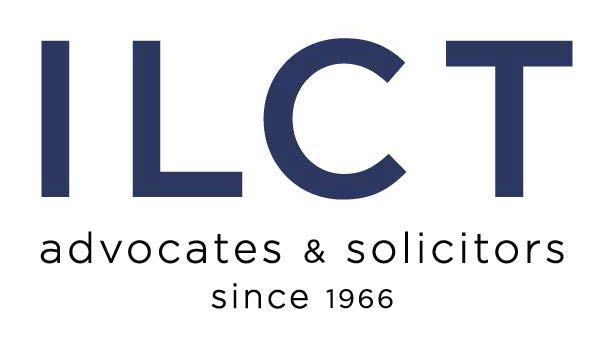Thailand COVID-19 Related Tax & Relief Policies
As of January 26, 2021, the Thai Cabinet has announced a series of tax and relief policies (“Announcement”) in an effort to ease the ongoing economic impacts from COVID-19. The current Announcement includes three main policies, these include (1) Reduction of Land & Building Tax (2) Reduction on Real Estate Related Fee, and (3) Extension to File Tax Return. Further details are listed below.
(1). Reduction of Land & Building Tax
Land and Building Tax payment for the year 2021 shall be decreased by 90% for the following land types:
- Land or building for agricultural purpose;
- Land or building for residential purpose;
- Land or building for other purposes (excluding 1 and 2);
- Vacant/unused land or building.
Moreover, the collection of Land and Building Tax for 2021 has also been extended by an additional 2 months. The original tax payment deadline by April 2021 has now been extended to June 2021.
(2). Reduction on Real Estate Related Fee
The transfer registration fee for real estate has been reduced to 0.01% (from previously 2%) and the mortgage registration fee has been reduced to 0.01% (from previously 1%). The mentioned reduction policies shall be valid until December 31, 2021 and shall be eligible for the following:
- The purchase of a new residence, including: land with detached house/semi-detached house/row house or commercial building and condominium unit;
- Real estate purchase from land developer or registered condominium operator;
- Real estate price that does not exceed THB 3,000,000 per unit.
(3) Extension to File Tax Return
- Filing of 2020 personal income tax return (i.e. PND. 90 or PND.91) via e-filing system has been extended to June 30, 2021 (from previously March 2021);
- Filing of withholding tax return (i.e. PND. 1, PND.2, PND.3, PND.53 or PND. 54) for January – May 2021 via e-filing system has been extended to the last day of the following month (from previously the 7th of the following month);
- Filing of value added tax return (i.e. Por.Por. 30 or Por.Por. 36) for January – May 2021 via e-filing system has been extended to the last day of the following month (from previously the 15th for Por.Por. 30 and the 7th for Por.Por 36 of the following month).
All and all, taxpayers are encouraged to stay up to date with the latest relief policies to ensure the full benefits. We will keep you posted on further relief policies announced by the Thai Government. For further inquiry or assistance, please contact law@ilct.co.th.
By:
Chart Chotiphol
Counsel/Business Development






